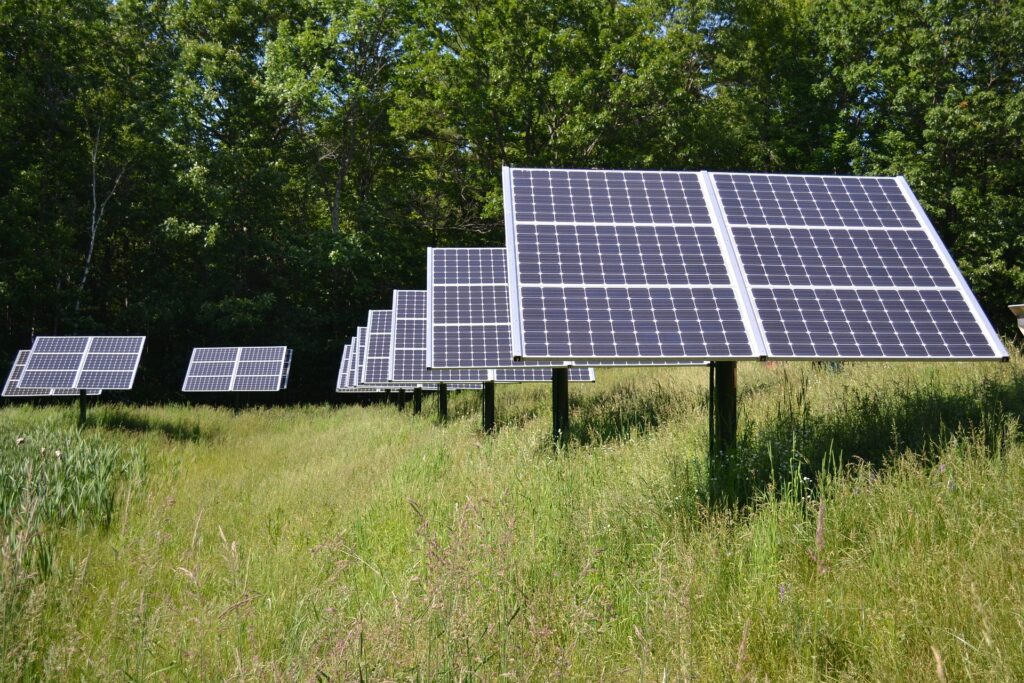
Solar energy is an increasingly valuable renewable resource, with the potential to supply 40% of America’s electricity needs by 2035. If you’re thinking about starting a business that installs solar panels, it’s essential to understand what regulations your state and local jurisdictions require.
No matter if you are the sole installer or have a team of qualified experts, your solar installation company needs licenses and permits in order to operate. It is essential that you research what requirements exist in your area and what will set your business apart from competitors.
In addition to the essentials, many states provide “nice-to-have” certifications that can be beneficial for your business. These credentials are meant to make you stand out from competitors and boost your chances of closing a sale.
The North American Board of Certified Energy Practitioners (NABCEP) is the leading national certifying authority for photovoltaic installers. NABCEP certified installers can demonstrate specific skills and knowledge through testing, training, and documentation.
This is an effective way to stand out from competitors and establish credibility with homeowners searching for experienced, professional contractors to assist them in reaching their energy objectives. Furthermore, it guarantees your customers receive top-notch service at an unbeatable price – which is essential in today’s highly competitive marketplace.
Additionally, some states such as Pennsylvania may not accept certain rebates or incentives unless your company holds solar-specific certifications. Therefore, it’s essential that you check with your state’s department of energy or other agencies to find out what requirements must be met in order to be eligible for these incentives and rebates.
According to your state, you may need multiple licenses in order to operate a solar-related business. Securing all necessary permits and authorization is an essential step for any solar installation business, as it guarantees your work is done safely and legally.
When operating a solar business, the type of license required varies by state. Generally speaking, an electrician’s license is necessary in addition to your general contractor license; this can be obtained by becoming either a journeyman electrician or working under an authorized master electrician.
In addition to basic licenses, some states offer specialized solar-related certifications that can boost your reputation as a professional and set you apart from competitors. To qualify for these credentials in these states, you’ll need to pass an exam and complete training requirements.
For instance, in North Carolina the Go Solar NC initiative requires contractors to complete 35 hours of solar training and obtain NABCEP certification. This shows your company is dedicated to installing safe, high-quality solar systems.
Consider joining the Solar Trade Association. This organization of professional solar installers can offer additional resources to aid in growing your business.
When selecting a solar installation contractor, one important factor to consider is their CSLB license number. The Contractors State License Board is an agency in California that regulates the construction industry and helps consumers determine who has legitimate licensing to provide their services.